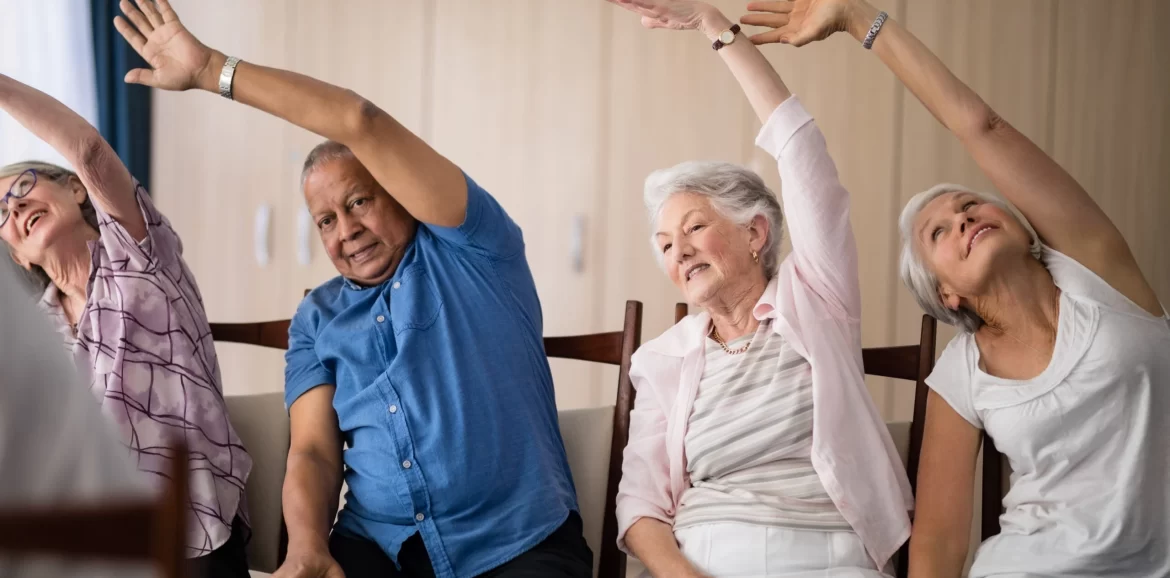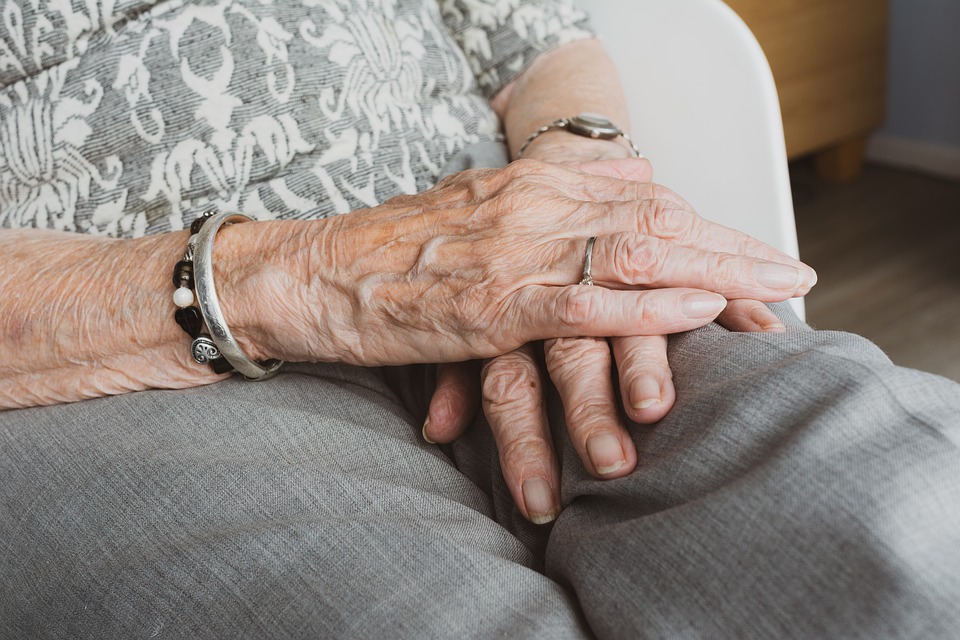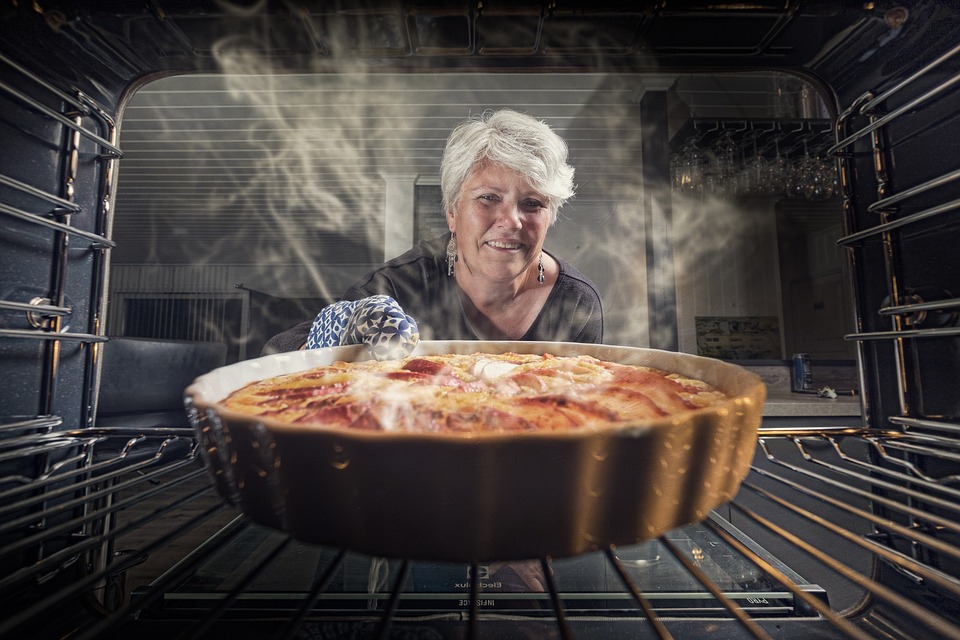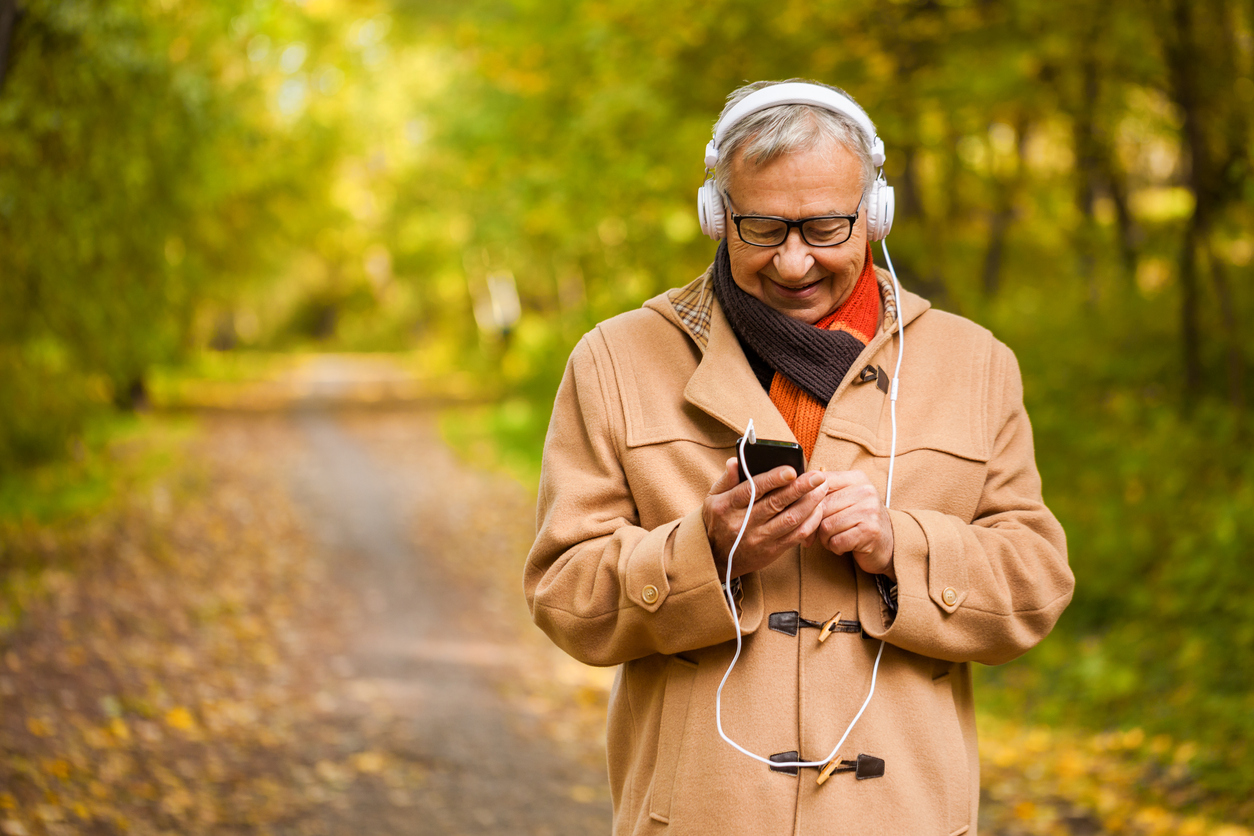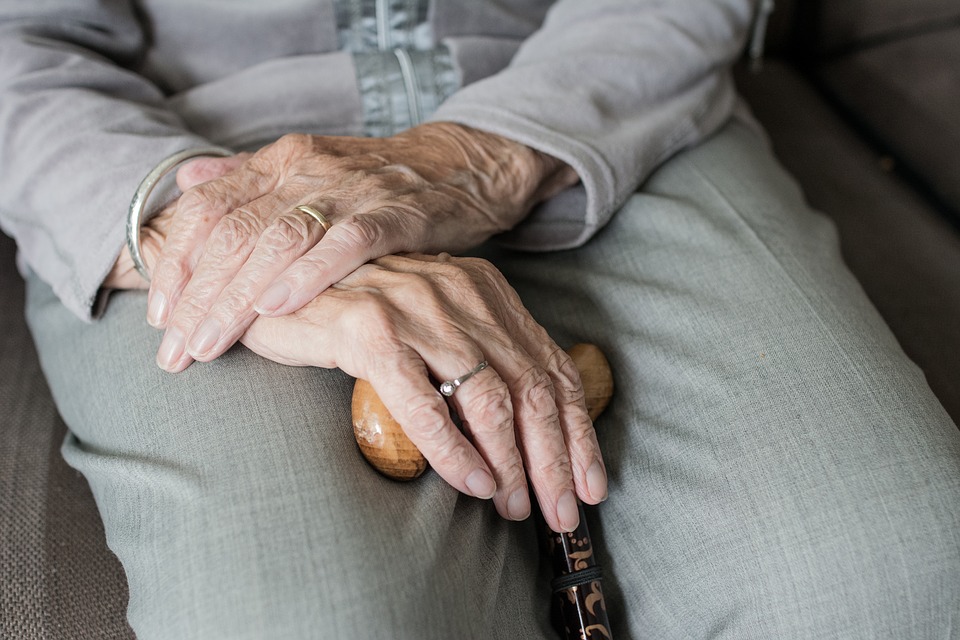As we age, staying physically active becomes increasingly important for maintaining overall health and well-being. Regular exercise not only helps to maintain physical function but also contributes to mental and emotional well-being, improving the quality of life for older adults. In this article, we will explore the benefits of exercise for the elderly population and provide practical tips and guidelines for incorporating exercise into their daily routine.
The Importance of Exercise for Elderly Individuals
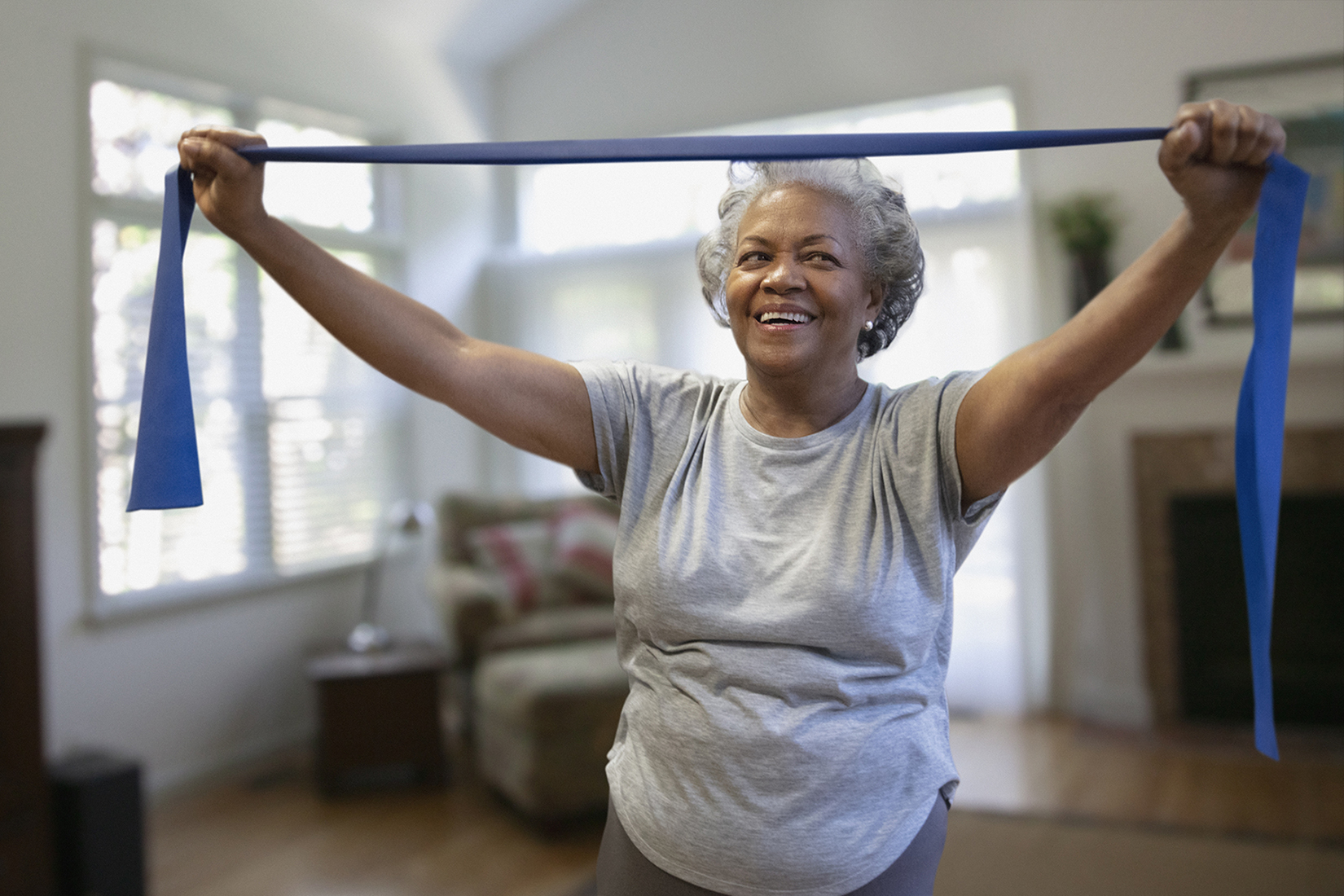 Physical activity plays a vital role in promoting healthy aging. Regular exercise offers a range of benefits for elderly individuals, including:
Physical activity plays a vital role in promoting healthy aging. Regular exercise offers a range of benefits for elderly individuals, including:
- Improved Physical Function: Exercise aids in the maintenance of strength, flexibility, and balance, lowering the risk of falls and fractures. It also promotes cardiovascular health by preserving heart and lung function.
- Improved Mental Health: Physical activity has been related to better cognitive function, memory, and mood. It can help minimize the chances of sadness and anxiety while also enhancing mental health.
- Chronic Disease Management: Exercise can assist in the management and prevention of chronic diseases such as diabetes, hypertension, and arthritis. It helps with blood sugar regulation, blood pressure, and joint discomfort.
- Increased Independence: Regular exercise allows older persons to stay independent and carry out daily tasks with ease by preserving physical function and lowering the likelihood of functional deterioration.
Types of Exercise Suitable for Elderly Individuals
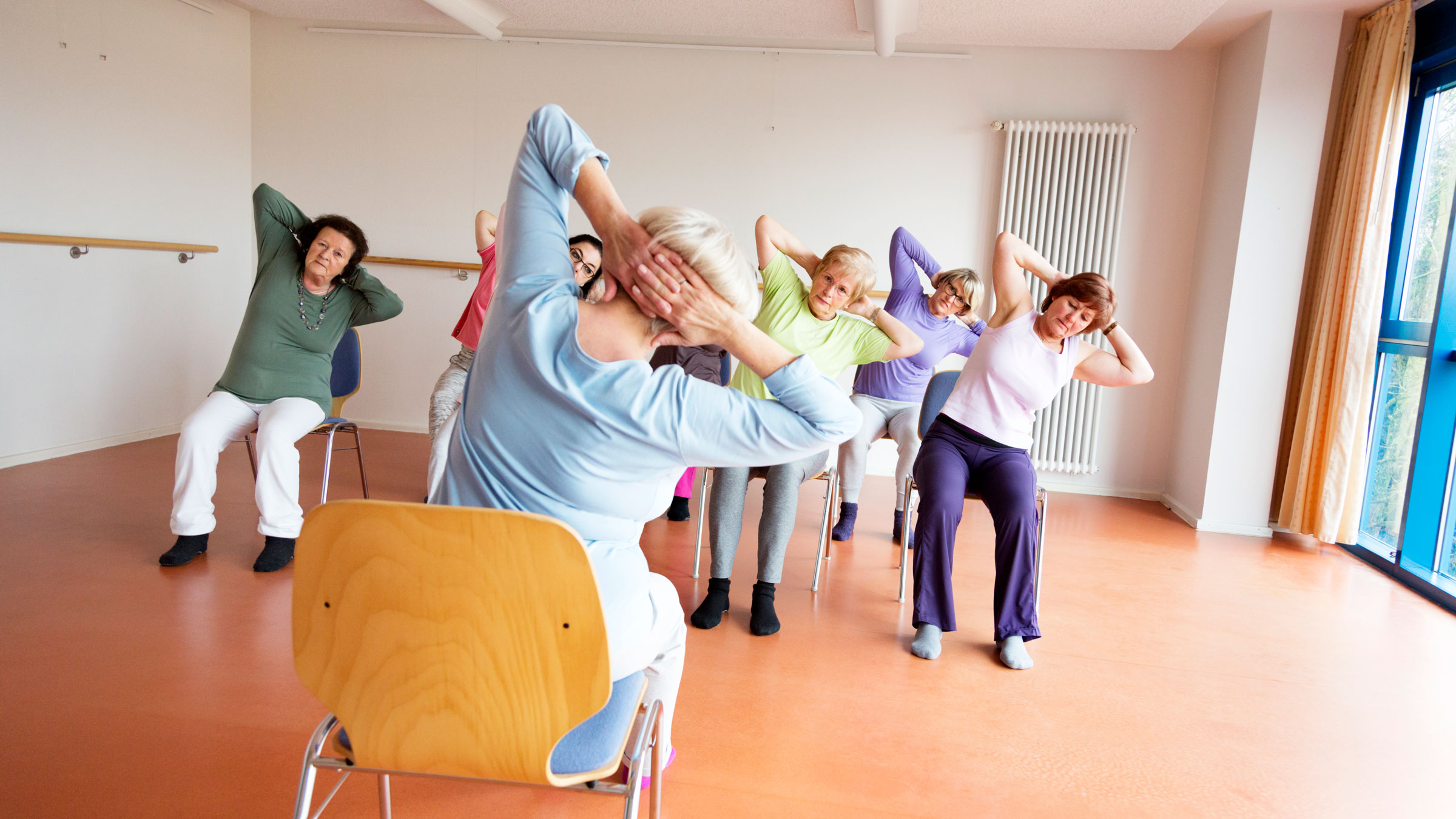 Aerobic exercise, such as walking, swimming, or cycling, improves cardiovascular health, endurance, and general fitness. Aim for at least 150 minutes per week of moderate-intensity aerobic activity.
Aerobic exercise, such as walking, swimming, or cycling, improves cardiovascular health, endurance, and general fitness. Aim for at least 150 minutes per week of moderate-intensity aerobic activity.
- Strength Training: Resistance workouts using weights, resistance bands, or your own bodyweight assist to maintain muscular strength and prevent muscle loss as you age. Concentrate on key muscle groups and aim for two or more sessions each week.
- Exercises for Flexibility and Balance: Stretching exercises and activities such as yoga or tai chi improve flexibility, mobility, and balance. These workouts lessen the likelihood of falling and increase general stability.
- Functional Training: Exercises that mirror daily motions and tasks, such as squats, lunges, and reaching exercises, can improve functional abilities and increase independence.
Safety Considerations and Precautions
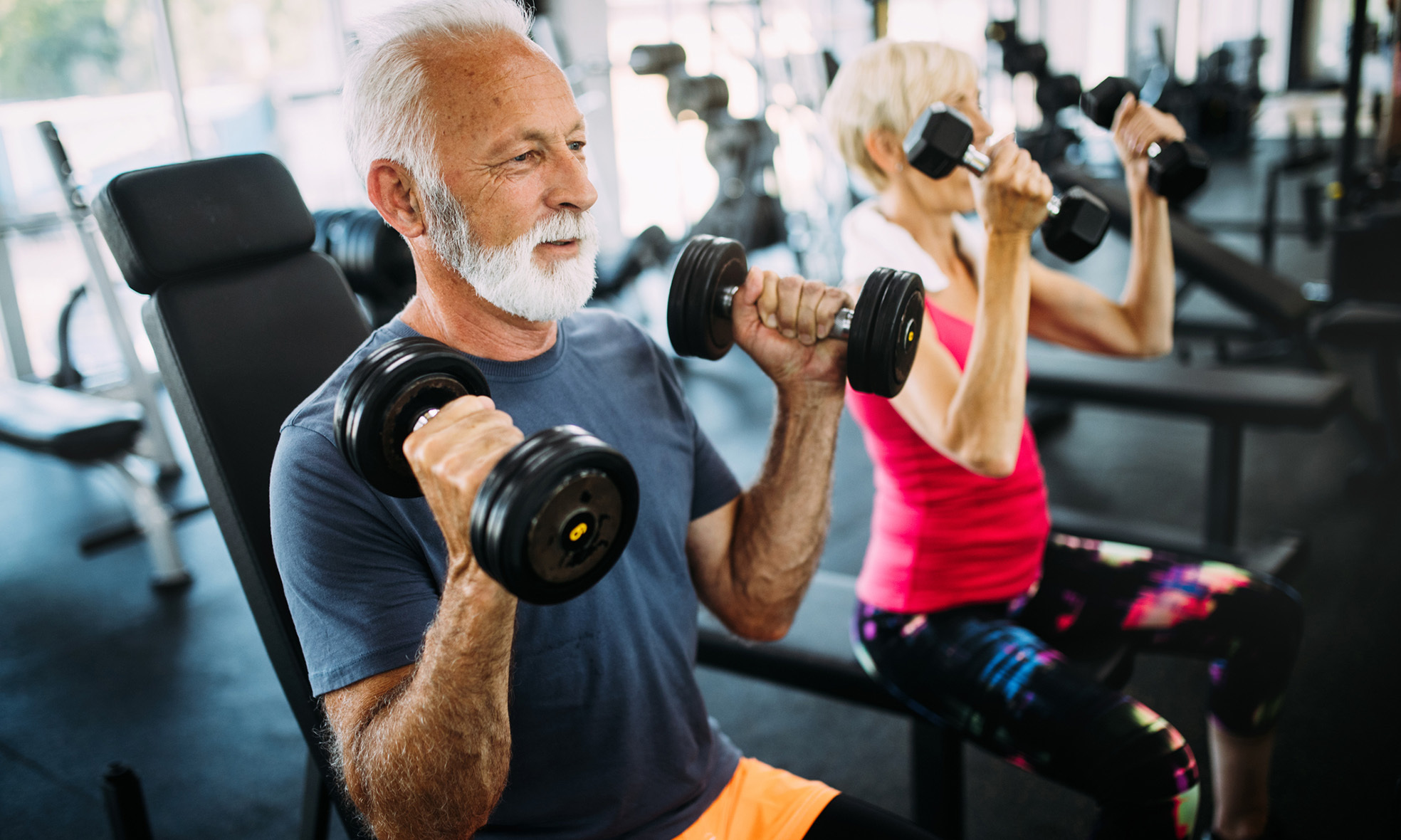 Elderly people should check with their healthcare physician before beginning an exercise program, especially if they have underlying health concerns or are using medications. Some safety precautions are as follows:
Elderly people should check with their healthcare physician before beginning an exercise program, especially if they have underlying health concerns or are using medications. Some safety precautions are as follows:
- Warm-up and Cool-down: Always begin with a modest warm-up to prepare the body for activity, followed by a cool-down to gradually drop heart rate and avoid muscular pain.
- Correct Form and Technique: Learning proper workout form is critical for avoiding injuries. To guarantee optimal technique, consider working with a competent fitness expert or physical therapist.
- Gradual Progression: Begin with low-intensity workouts and increase the length, intensity, or resistance gradually. Allow time for the body to adjust and avoid overexertion.
- Pay Attention to Your Body: During activity, pay attention to any pain, discomfort, or extreme weariness. If anything doesn’t feel right, it’s critical to alter or stop the activity and, if required, seek medical counsel.
Tips for Incorporating Exercise into Daily Life
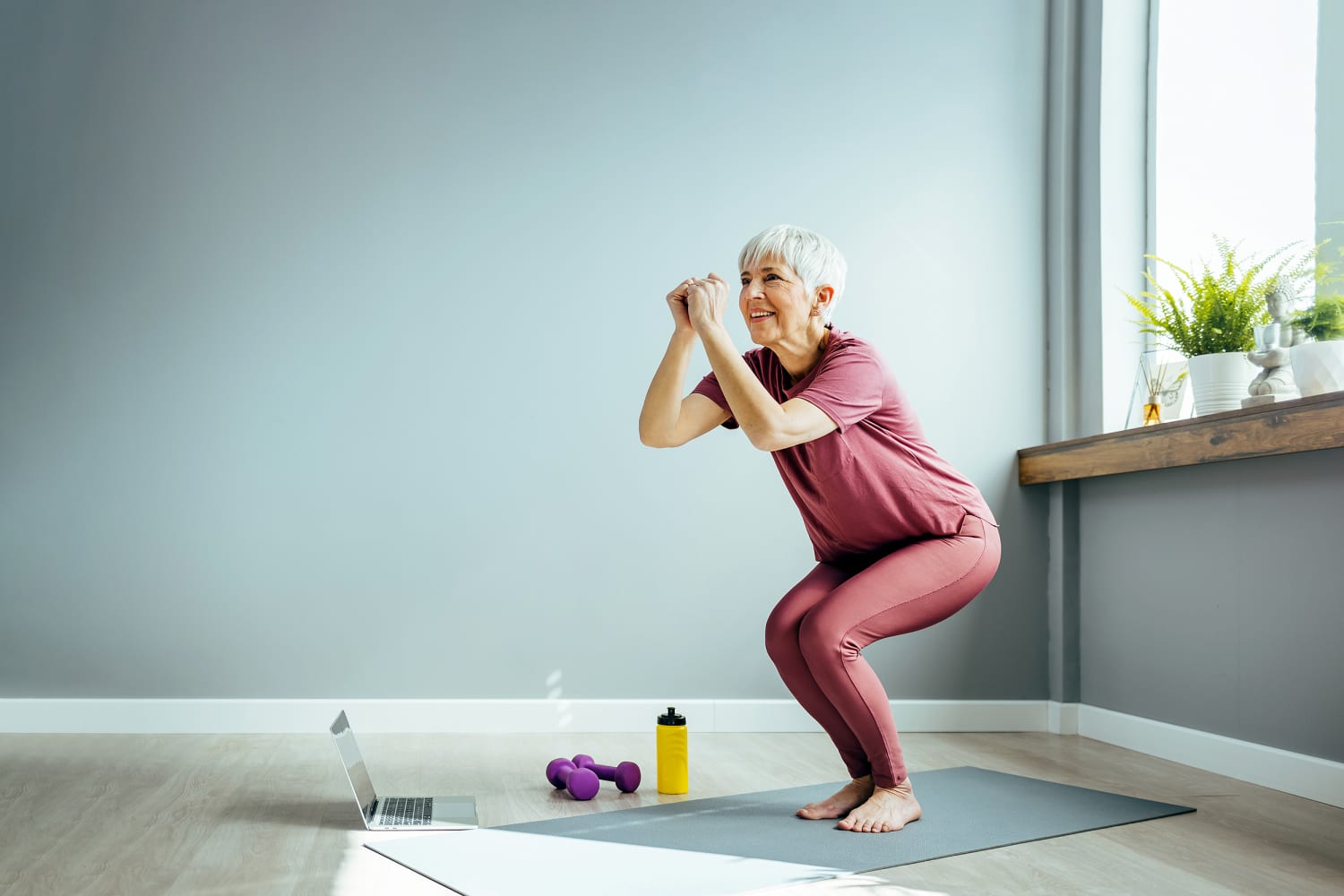 Making exercise a part of your daily routine will help you maintain consistency and long-term commitment. Here are some helpful hints for the elderly:
Making exercise a part of your daily routine will help you maintain consistency and long-term commitment. Here are some helpful hints for the elderly:
- Set Realistic objectives: Begin with realistic objectives and work your way up to more difficult ones. This method instills confidence and motivation.
- Find Enjoyable Activities: Select activities that you enjoy and anticipate. Dancing, gardening, joining a walking group, or taking group fitness programs are all options.
- Establish a program: Create a regular fitness program by setting aside particular periods for physical activity. The key to getting the advantages of exercise is consistency.
- Make it Fun by Socializing: Exercise with a buddy or join group courses to stay motivated and enjoy the social component of physical activity. For instance, Golden Years Activity Center is a trusted facility where Miami-Dade seniors stay active with adapted exercise classes.
- Make it Multifaceted: Include a variety of exercises to target different muscle groups and keep you from becoming bored. Combine cardiovascular activities with strength and flexibility workouts.
- Stay Hydrated and Fuel Your Body: Before, during, and after exercise, drink lots of water. To maintain your energy levels and general health, fuel your body with nutritious foods.
Exercise is a valuable tool for promoting health and well-being. As an older adult, if you want to incorporate exercise into your daily life and reap the numerous physical, mental, and emotional benefits, get in touch with Golden Years Activity Center today!

